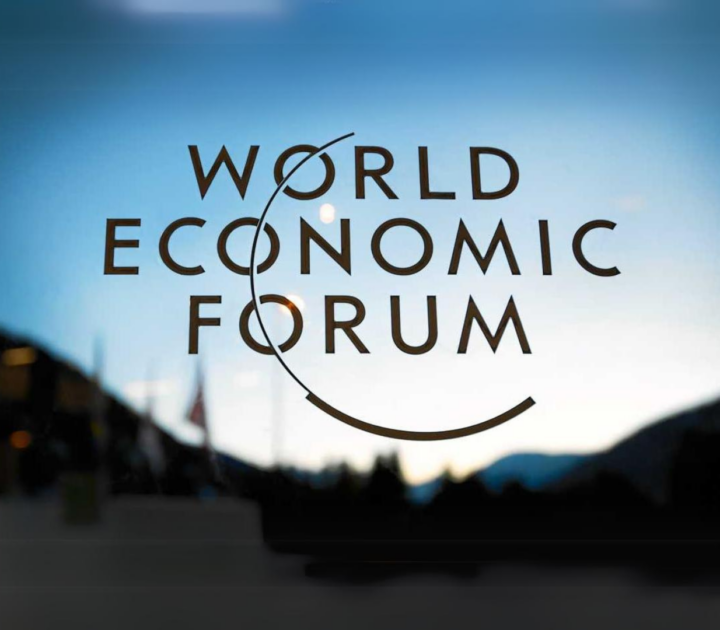Coronavirus entered our lives and our vocabulary in just December 2019 but has quickly become a daily feature of them, and a global public health crisis. The repercussions are not symmetric, as people with fragile health and older generations are affected disproportionally more than the rest.
Aside from the human suffering, the economic implications are already immense, and will only become greater in the immediate future. Governments and central banks are attempting to understand these economic consequences as they unravel, and respond appropriately.
Once authorities in Wuhan imposed restrictions on movement and enforced the lockdown of the city in late January, the availability of labor dropped and production output with it. Wuhan is a manufacturing center for the tech, electronics and automotive industries. The ever-declining number of workers in the city, the initial hotbed of the virus, resulted in the disruption of the availability of components and products from across China, which negatively affected global supply chains.
The implication of the lockdown was reflected by Apple’s announcement that it is uncertain it can satisfy the demand for iPhones. Economists call this sudden decline in the production of goods and services a negative supply shock.
The complexity of the current situation is due to the fact that a supply shock generates a negative demand shock; that is, a sudden decrease in the demand for goods or services.
The income of employees, who cannot go to work either because their movement is restricted for health purposes or they are themselves sick, declines. In some countries, the lack of paid sick-leave further exacerbates the loss of income.
The result is two-fold: a change in the consumption patterns and a negative adjustment in expectations. In fact, the latter is most important, affecting the sentiments of both consumers and producers. Negative sentiments are amplified by the global integration of the economies calling for carefully addressing this point.
What’s behind the economic policies we are seeing?
Two types of policies tend to be used to counter the negative economic implications. Central banks decrease the interest rate and attempt to increase the supply of money in the economy. Government agencies explore the reduction of different types of taxes using fiscal policy to strengthen the aggregate demand. How might these measures affect economies?
The liquidity provided by central banks eases concerns in the markets. It is expected that through quantitative easing, that is, the purchase of government bonds and other securities by the central bank, the additional funds will partially alleviate the stress felt from the demand shock. This is, therefore, a good policy. Decreasing the interest rate, in general, has similar effects: it positively affects the concerns of consumers and producers over liquidity. In general, it results in higher asset prices and therefore it is favored and sought after by investors.
And yet, throughout the world, we are mostly in a very low interest rate environment, which restricts the potential effect of such a measure. Importantly, making interest rates close to zero, as the Federal Reserve Bank did on two occasions recently, eliminates a potential tool that may be needed in a subsequent stage to boost the economy. In fact, the reaction to the second emergency cut of the interest rate last weekend did not convince the markets that plummeted on Monday.
Fiscal authorities try to complement and enforce the policies of the central banks, boosting further the aggregate demand through lowering or postponing taxes. Thus, in the US, authorities are considering postponing tax filing for 2020 and decreasing the payroll tax; the latter is mostly paid by employees and is expected to have an important impact at their spending.
Are the above policies enough?
Even though the policies point towards the right direction, certain aspects need to be put in perspective.
COVID-19 is a public health crisis with humanitarian consequences. It is neither a banking crisis nor a financial one. It has negative economic implications, but it is first and foremost a public health challenge.
We still know very little about the virus, how it spreads and how to ease its consequences. Thus, the most important and urgent objective is to contain the virus. Economies that can test and isolate infected people fast, like China and South Korea, seem to succeed in containing the virus much better. This implies that funds should be allocated towards performing a large-scale free COVID-19 testing.
In addition, the fiscal policy recommendations are heading in the right direction but need to go further. Reducing the payroll tax affects only the people who are employed; it does not have any impact on those who do not work anymore either because they are sick or because they have lost their job. And so, policies that address the segments of the population (consumers and producers) who are currently the most vulnerable will also boost the economy.
Strengthening or even introducing paid sick-leave programs, increasing unemployment benefits and other automatic stabilizers, or sending money directly to the citizens, will remove the tension from one segment of the market, boost aggregate demand and improve the existing negative sentiments.
Seen globally, monetary policies of central banks and fiscal policies are affecting the aggregate demand of an economy. There are no short-cuts to stimulating the aggregate supply. That said, in the current conditions, encouraging and providing resources to employees to work remotely, from home, is one way to tackle this challenge. Of course, the difficulty may be that a firm does not have the capability or resources to have employees work from afar. In this case, the government can provide low-interest loans to the firms to facilitate such a transition.
COVID-19 is a global public health issue and it therefore requires a global response. Thus far, countries have been caught off-guard: underestimating the speed of infection, they seem to respond one after the other.
Even the European Union has not been effective in providing a response from all the country members. Instead, each country has announced its own shade of restriction-of-movement policy, and its own timing for enforcing the ban of large gatherings.
Individualistic approaches to a global threat don’t tend to constitute an effective strategy. On the other hand, inclusive and collaborative leadership determining broad policies able to reinforce the objectives of all the economies affected do.
It has been good to see how in recent years, graduate programs and business schools have been offering sessions about addressing disruption with success. So, now let’s use this know-how along with lessons learned from disruptions at the firm and industry level. If we do, and approach COVID-19 with determination and creativity there will, without a doubt, be gains.








